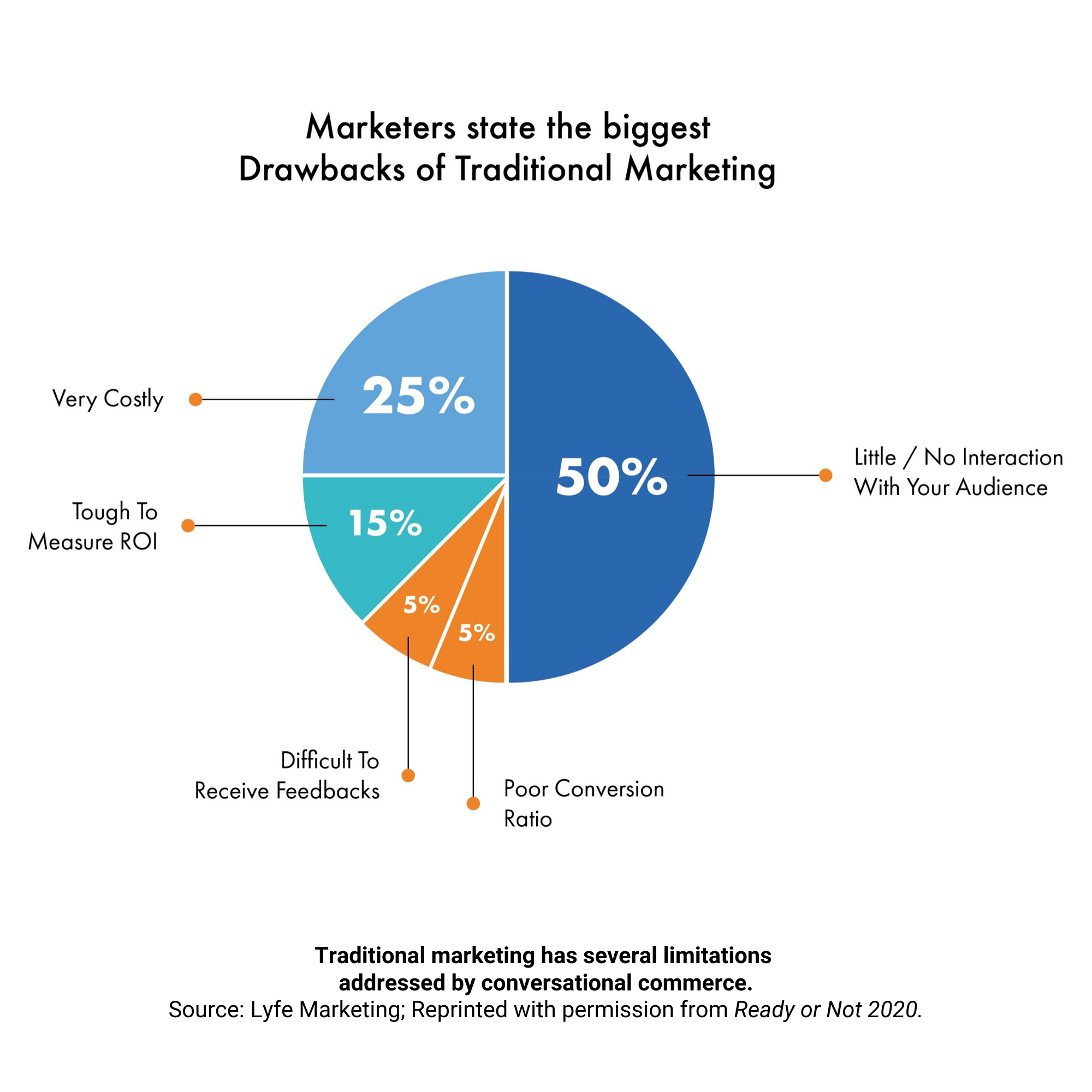
Take Facebook Messenger, a platform used by over 90 percent of Filipino internet users today. Chances are, many of them have interacted with an AI-powered “chatbot” operated by their favorite brands, whether it’s to ask a question, get more information, or purchase a product. Due to how these chatbots are programmed, users would feel like they’re talking to a real person.
This marriage of messaging apps and e-commerce has been dubbed “conversational commerce,” a trend many of the country’s biggest retailers have already begun incorporating into their businesses. It’s a sign that commerce in the next few years will gradually evolve into one powered by AI.
There’s an interactive chatbot for everything.
Through conversational commerce, retailers have found a new way to not only market their products, but also to engage with consumers in a more personal way. While traditional advertisements are designed to reach as many people as possible, chatbots are programmed to treat customers as individuals with unique needsOne of the local startups helping brands build their own interactive chatbots is Aiah. These chatbots are customized to their clients’ needs, from allowing users to fill out application forms to completing purchases down to the transactional level, all of which are done within a messaging app. To date, Aiah has facilitated over 1.5 million transactions for its clients, which are based in over nine countries.
For retailers, enabling their customers to purchase through chatbots also gives them a new way to advertise their brands. All of the common limitations of traditional marketing, such as the lack of customer interaction and the hard-to-measure metrics, are addressed by conversational commerce.
Traditional marketing has several limitations addressed by conversational commerce.
Interactive chatbots have also found use beyond retail. Saphron, an insurtech startup, uses a chatbot called NAN.AI to help their grassroots insurance agents process client documents. By uploading these documents through Messenger, NAN.AI is able to read these files and create a database containing all of the relevant information, saving these agents the time to manually encode the data themselves.
With examples like Aiah and Saphron, conversational commerce is shaping up to be an important trend for retail and other industries. As more Filipinos become digital, brands need to think of new ways to reach them, and AI-powered chatbots offer a more comprehensive, customizable, and affordable solution.
A preview of a digital Philippines Conversational commerce is one of the many topics discussed in “Ready or Not 2020: The 5 Trends Changing the Landscape of Business,” written by Silicon Valley veteran and entrepreneur Winston Damarillo. A follow-up to his 2016 bestseller “Ready or Not: The 6 Big Disruptions that Will Change the Way We Do Business,” Damarillo describes the book as not only a comprehensive look at the digital landscape of the Philippines in the coming decade, but also as a celebration of Filipino innovation.
Ready or Not 2020 features over 50 Philippine companies that are using innovative technology in their operations.
In the book, Damarillo discusses the technological breakthroughs that will shape the country’s digital economy. From innovations in AI, such as conversational commerce, to other ways e-commerce has evolved into an entire industry beyond online shops, Ready or Not 2020 gives company executives, entrepreneurs, students and other readers a deep dive into how technology is changing Filipinos’ everyday lives.
Readers can also expect concrete examples of how these innovations are already being used around the country. Ready or Not 2020 features over 50 Philippine-based large companies, up-and-coming startups, and government agencies that are implementing these innovations, such as Aiah and Saphron.
Ready or Not 2020 also contains several illustrations by renowned comic book artist Manix Abrera. These comics give a unique perspective on the book’s insights, and they are all infused with Abrera’s signature humor. INQ
Lorenzo Kyle Subido is a coauthor of Ready or Not 2020 and is a writer for Talino Venture Labs, a leading inclusiontech venture builder in Southeast Asia.